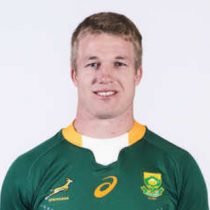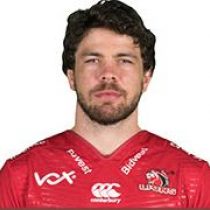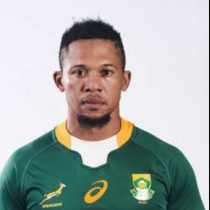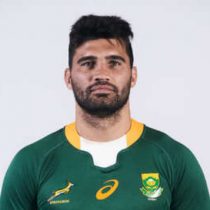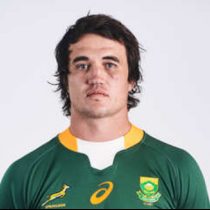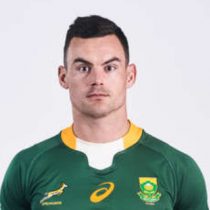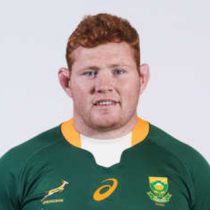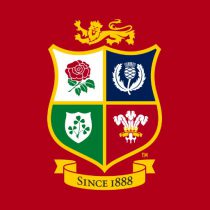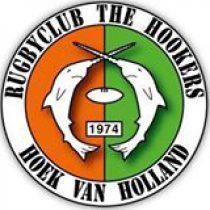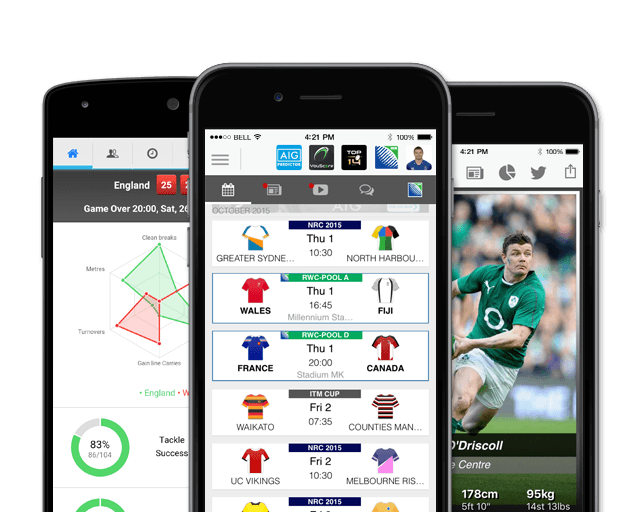SA Super Rugby Team of the Decade
- 4905
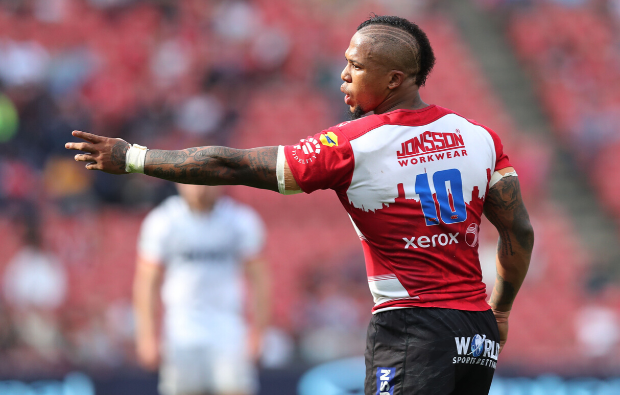
Having punched the numbers, OPTA have helped SANZAAR select the South African Super Rugby team of the last decade based on statistical facts and figures.
There has been no South African Super Rugby champions since the Bulls in 2010 but there have been five instances of losing finalists. This includes the Lions heart-breaking three-in-a-row losses in 2016, 2017 and 2018.
The Lions are well represented with six players in the team of the decade - three of them are in the pack, the rest behind the scrum.
Fly-half Elton Jantjies, who was named player of the decade, puts up some super impressive figures: he scored the second most points (1,145) of any player in the last 10 years, also made the third-most try assists (59) of any player while gaining the most metres (2,902) and making the most clean breaks (50) of any South African No. 10s.
Up front are Lions and Springbok forwards Malcolm Marx, Franco Mostert and former captain Warren Whiteley. Marx, surely one of the biggest hookers in rugby, scored the second most tries (30) of any forward in the last 10 years and also won the most turnovers (80) of any hooker.
The Stormers also have six players in the team including four formidable and hard-working forwards. The book-ends are Steven Kitshoff and France Malherbe while World Rugby 2019 player of the year Pieter-Steph du Toit joins Mostert in the second row with inspirational Springbok captain Siya Kolisi getting the nod at 6.
The centre paring sees the powerful 'Bok mid-fielder Damian de Allende joined by the sole Bull in the team, Jesse Kriel who scored a try in four consecutive matches.

Opta Index: How does it work
The Opta Index allows genuine opportunities to compare and contrast both player and team strengths and weaknesses across Super Rugby, providing real insights pre-game as follows:
After every match Opta completes a video analysis of every touch of the ball. Each action in the match is awarded a points value depending on the relative importance of the action. So for example, a try scores more points than a tackle, but a player loses points for a missed tackle.
The points are then weighted against the score at the time when the action took place (higher points if the score is closer), the time in the match (higher points at the start of the match) and the position on the pitch where it took place (higher points for actions closer to the goal line).
The player is then given a score for the match by adding up all his actions while he was on the field. The total match score is then weighted to take account of the strength of the opposition so that performances across many matches can be judged fairly.
